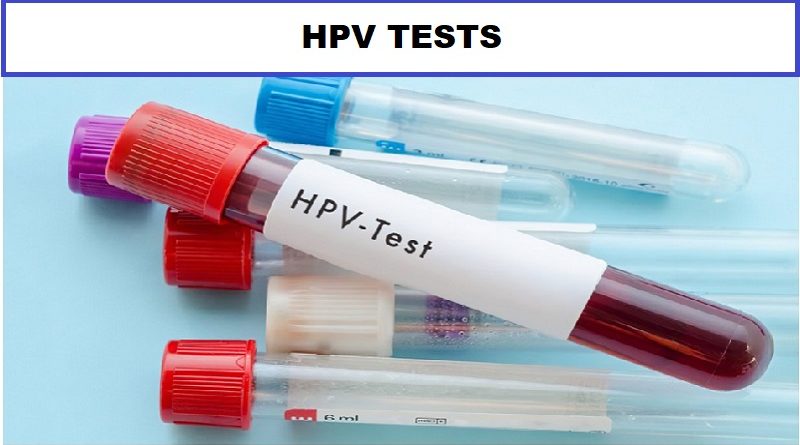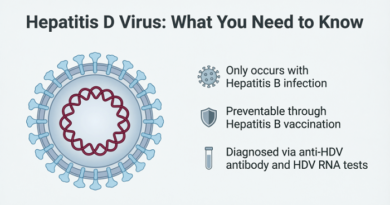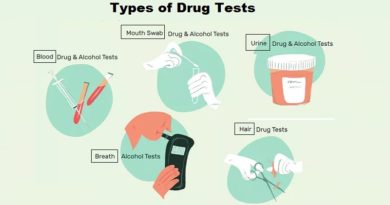HPV tests: A Guide to Screening and Prevention
Last Updated on 02/09/2026 by Helal Medical
HPV tests are used to screen for certain types of Human papillomavirus that can cause cervical cancer. The two types of HPV tests currently available are the HPV DNA test and the Pap test (also called a Pap smear or cervical smear test).
About Human papillomavirus, or HPV
It is a common virus that can cause genital warts and certain types of cancer, including cervical cancer. Cervical cancer is the fourth most common cancer in women worldwide, and it is caused by certain high-risk types of HPV. Regular screening and follow-up are important to help prevent cervical cancer.
What are HPV Tests?
HPV tests are used to screen for certain types of HPV that can cause cervical cancer. The Pap test is also done on a sample of cervical cells, but it looks for changes in the size, shape, and appearance of the cells that can be caused by HPV infection.
Types of HPV Tests: HPV DNA Test vs Pap Test
The two types of HPV tests currently available are the HPV DNA test and the Pap test. Tests are done on a sample of cervical cells collected during a pelvic exam.
- The HPV DNA test is used to detect the presence of high-risk types of HPV in cervical cells. This test is highly accurate and can detect HPV even before any abnormal cervical cells are present. It can detect HPV types that are most likely to cause cervical cancer. It is done on a sample of cervical cells.
- The Pap test, also called a cervical smear test, is used to detect changes in cervical cells that may be caused by HPV infection. The Pap test can detect abnormal cervical cells, but it can’t identify which specific type of HPV is responsible for the changes. Also, it is done on a sample of cervical cells.
How Often Should I Get HPV Tests?
The frequency of HPV screening depends on a woman’s age and health history. For women between the ages of 21 and 29, the American College of Obstetricians and Gynecologists recommends HPV testing every three years. For women between the ages of 30 and 65, the recommendations vary depending on the type of test used. Women who choose to have both the HPV DNA test and the Pap test done together should be screened every five years. Women who choose to have just the HPV DNA test done should be screened every three years.
The HPV DNA test is done on a sample of cervical cells collected during a pelvic exam. It can detect high-risk types of HPV that are most likely to cause cervical cancer. The Pap test is also done on a sample of cervical cells, but it looks for changes in the size, shape, and appearance of the cells that can be caused by HPV infection. Both tests can be performed during a pelvic exam and results typically take about a week.
Understanding HPV Test Results
Positive HPV test results do not mean that you have cervical cancer. Most people who are infected with HPV do not develop cancer. Your healthcare provider will interpret the results of your HPV test and recommend appropriate follow-up, which may include additional testing or monitoring. If abnormal cervical cells are found, your healthcare provider may recommend a procedure called a colposcopy, which allows for a closer examination of the cervix.
HPV Vaccination and Other Prevention Methods
The HPV vaccine is a safe and effective way to prevent HPV infection and cervical cancer. The vaccine is recommended for both boys and girls at the age of 11 or 12, but it can be given as early as age 9. The vaccine is also recommended for anyone up to the age of 26 who hasn’t yet received it. Using barrier methods of protection such as condoms during sexual activity, limiting the number of sexual partners, and avoiding smoking can also decrease the risk of HPV infection and cervical cancer.
Frequently Asked Questions about HPV Tests Q: Can men get HPV? A: Yes, men can get HPV and can pass the virus to their sexual partners.
Q: Can I get HPV even if I only have one sexual partner? A: Yes, it’s possible to get HPV even if you only have one sexual partner.
Q: Can HPV be cured? A: There is no cure for HPV, but most people’s immune systems can clear the virus on their own.
Q: Will I know if I have HPV? A: Most people who have HPV do not have any symptoms and will not know they have it.
SUMMARY
It’s important to note that HPV is a common virus and most people who are infected with it do not develop cancer. Regular screening and follow-up are important to help prevent cervical cancer.
You do not need to be scared if you have been diagnosed with HPV. While it can cause certain types of cancer, most people do not develop cancer. Regular screening and follow-up are important to prevent cervical cancer. Also, there are effective treatment options available if abnormal cervical cells are found.
SOURCES
- https://www.acog.org/womens-health/faqs/cervical-cancer-screening
- https://www.cdc.gov/cancer/hpv/index.htm
- https://www.who.int/health-topics/cervical-cancer/
- https://www.cancer.org/cancer/cervical-cancer/causes-risks/hpv.html
- https://www.cancer.gov/about-cancer/causes-prevention/risk/infectious-agents/hpv-fact-sheet
If you suspect that you may have symptoms, Helal Medical can help, offering quick, private, and convenient testing options. You may contact us here: Facebook page.
Do you have a question? please drop it down in the comments, or
Click here for (FREE ONLINE CONSULTATION)
Read More About HPV:
Human papillomavirus (HPV)
HPV tests: A Guide to Screening and Prevention
How the HPV Vaccine long protection Against Infection: at Least 3 Years
Discover more from Helal Medical Manila
Subscribe to get the latest posts sent to your email.




